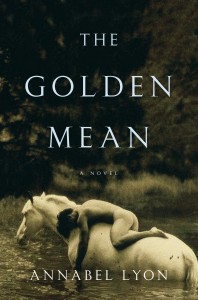Webcast sponsored by the Irving K. Barber Learning Centre and hosted by UBC Continuing Studies. Critical Issues in Aboriginal Life and Thought is a collaboration of the UBC First Nations Studies Program, the First Nations House of Learning, the Irving. K. Barber Learning Centre and UBC Continuing Studies. This is the fourth of a series of five special dialogues: Critical Issues in Aboriginal Life and Thought. Restoring the Balance: Aboriginal Women’s Issues in Canada – Beverley K. Jacobs, LLB, LLM, PhD Student. Beverley Jacobs is an Aboriginal Canadian leader and the immediate past president of the Native Women’s Association of Canada (NWAC).
Select Articles Available at UBC Library
Canadian Race Relations Foundation. (2001). Critical readings: Aboriginal peoples and racism in Canada = lectures critiques : Les peuples autochtones et le racisme au canada. Toronto, Ont: Canadian Race Relations Foundation.
Jacobs, B. (2008). Response to Canada’s apology to residential school survivors. Canadian Woman Studies, 26(3/4), 223. [Link]
Canada. Aboriginal Affairs and Northern Development Canada, & Canadian Government EBook Collection. (2012). Aboriginal women: Education and major fields of study. Ottawa: Aboriginal Affairs and Northern Development Canada.
Halseth, R., Canadian Public Policy Collection, & Canadian Health Research Collection. (2013). Aboriginal women in Canada: Gender, socio-economic determinants of health, and initiatives to close the wellness gap. National Collaborating Centre for Aboriginal Health. [Link]
UBC Library Research Guides

